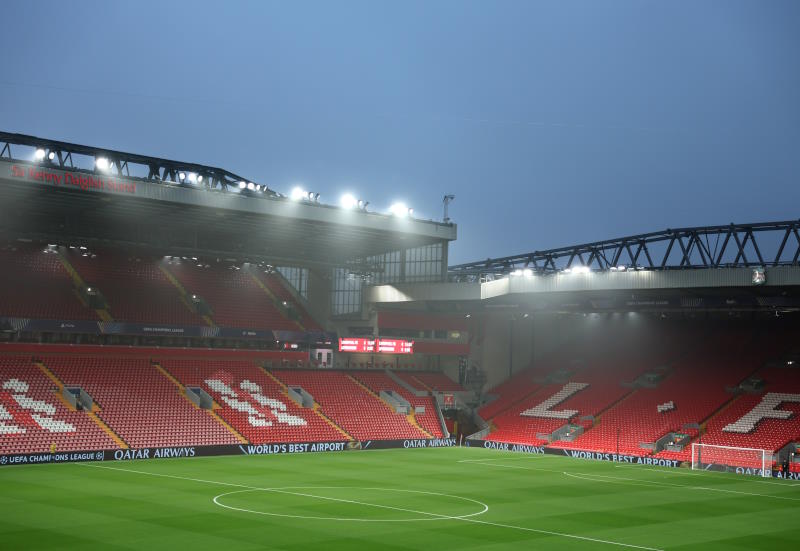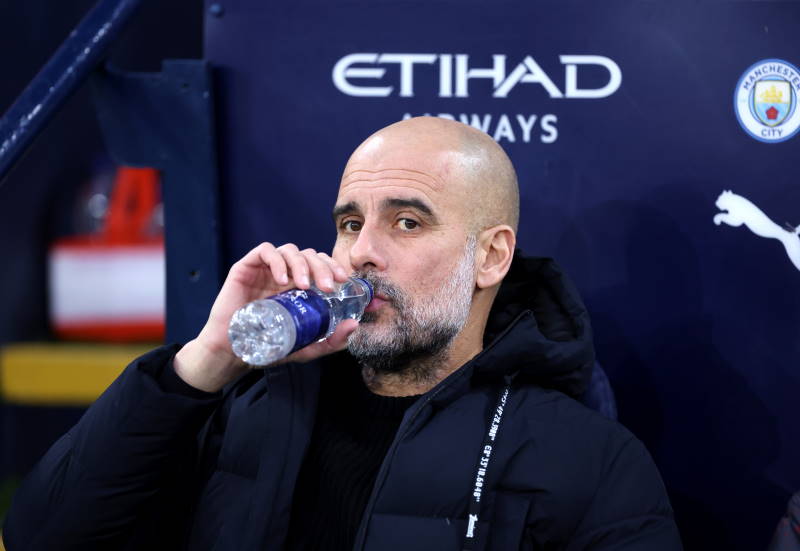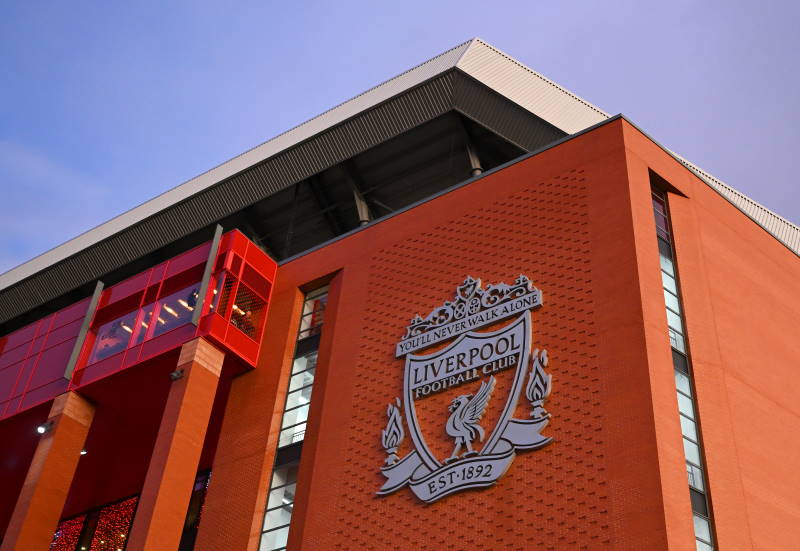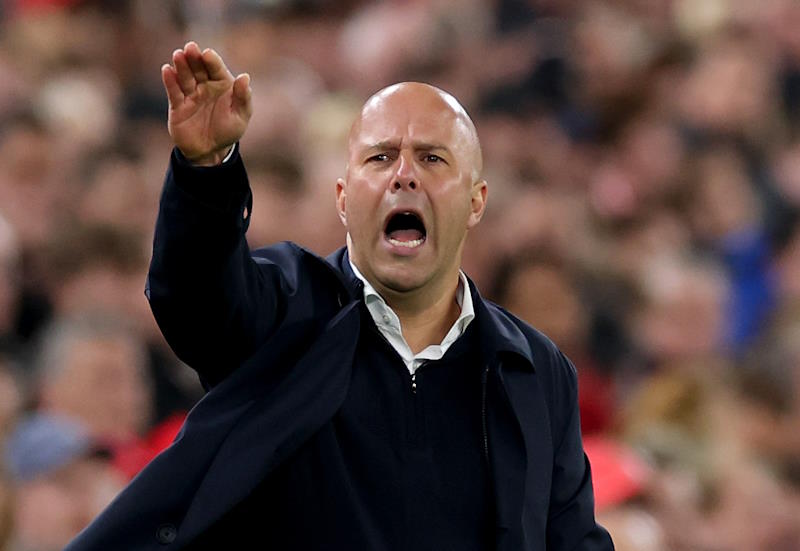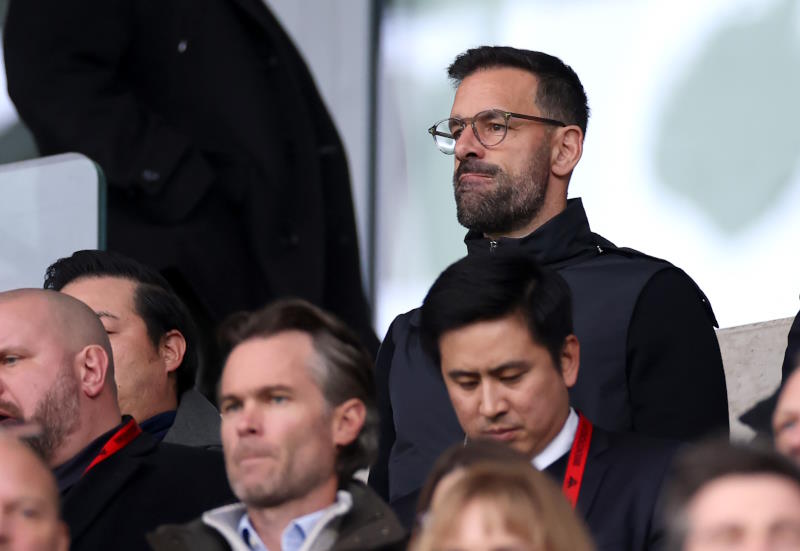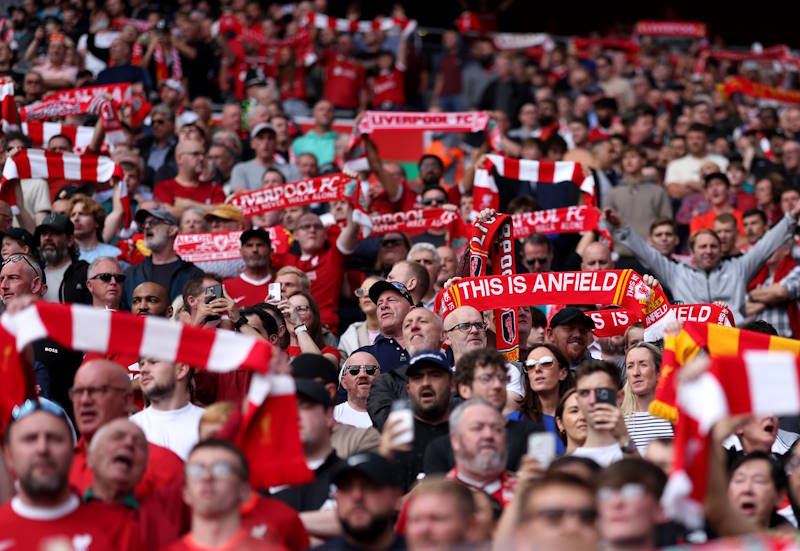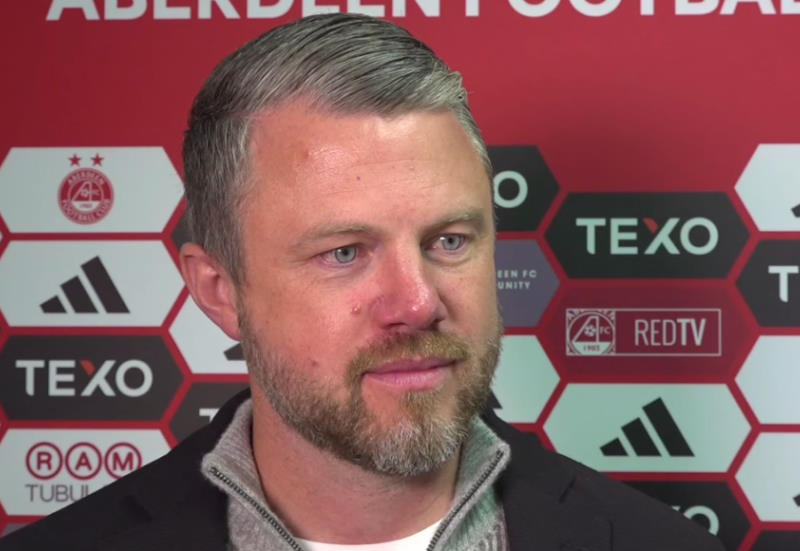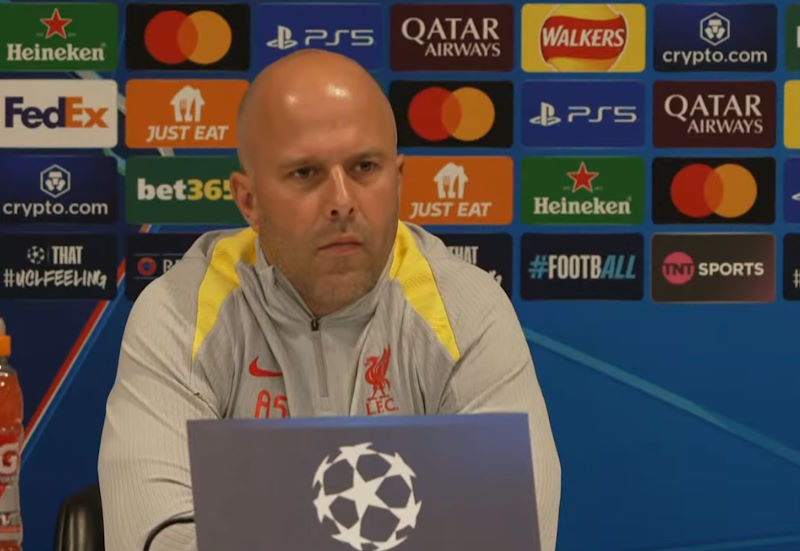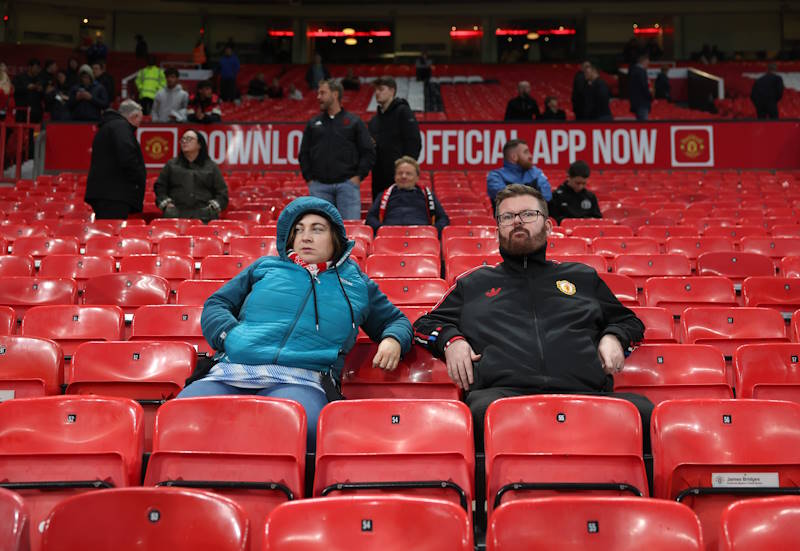
In a scenario similar to one which took place with regard to Poland two years ago, UEFA has warned the Ukranian government to stop meddling in the country’s football affairs. If it ignores the warning, the country will lose the right to co-host next year’s European Championships – it has been given one week to comply.
So far UEFA have not revealed exactly what this political interference is, but it is widely believed that it has something to do with an attempted ousting of Ukraine’s head of football. According to unofficial reports from Ukraine published in the Polish magazine Przeglad Sportowy, the root of the problem began when the Ukrainian Football Federation decided to punish two of their biggest clubs for alleged ‘match fixing’. The game in question took place during the 2007/08 season when Metalist Kharkiv beat Karpaty Lviv 4-0. Both clubs were to have points deducted and this, according to Przeglad Sportowy’s sources, forced them to lead a campaign to have the President of the Federation, Grigoriy Surkis removed.
However Surkis, who also happens to be a member of UEFA’s Executive Committee, claims that the campaigners who want to remove him have political backing. Hence the involvement of not only UEFA, but also world football’s governing body FIFA, whose statutes protect football governing bodies from government interference. In an official statement, UEFA General Secretary Gianni Infantino warned:
"It is clear that if the Ukraine federation is suspended from membership, it would not be tenable to play the final round of the Euro 2012 in Ukraine.
"The UEFA Executive Committee would have to decide on the suspension of the football federation of Ukraine. A suspension means that the clubs cannot take part in our competitions, and we have still three clubs, one in the Champions League and two in the Europa League. The national teams would also be suspended from official competitions, and as a preventative [measure] we have decided to place the Ukrainian Under-21 team in a group of six (for qualifying)."
Ukraine have been given until 4th February to sort out the situation.
Polish sources claim that Germany is on standby to fill the gap, should UEFA and FIFA’s warnings go unheeded. It would probably mean Poland’s western neighbour staging the matches scheduled to be played in Ukraine, including the Euro 2012 final itself.
In 2008, UEFA issued a similar warning to the Polish government after it suspended the country’s FA for allegedly failing to address corruption within the game. The government sent in an administrator to run the organisation, but that move was short-lived following UEFA’s threat.
The fact that this warning by UEFA has been given to each one of the co-hosts illustrates the different attitudes that still exist in some former communist countries. The whole communist system was based on central governmental control of everything, including sport. Although control of the clubs has been handed over to private owners – nothing illustrates this better than Shakhtar Donetsk being run by billionaire Rinat Akhmetov – football’s administrative bodies are still vulnerable to political interference.
In his closing statement however, Infantino stated he was fairly confident the situation will be resolved to everyone’s satisfaction.


